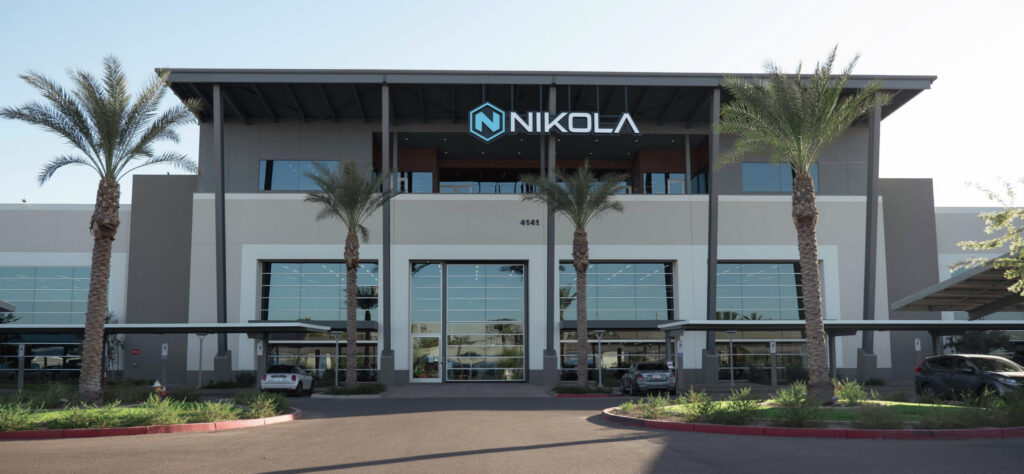Nikola BEV recall hits bottom line in Q3
Nikola posted its Q3 earnings today, revealing that a recall affecting its battery-electric trucks cost the company $61.8 million (all figures USD), driving the company’s net loss on the quarter to $426 million.
However, it believes the future for the company is brighter given its first-mover advantage and regulatory tailwinds that should drive demand for its battery-electric and hydrogen-fuel-cell-electric trucks.

Nikola reported it received orders for 47 battery-electric trucks from a single dealer despite the recall, but it only shipped three trucks in the third quarter, down from 63 over the same period a year ago. The company says it has 277 non-binding orders for its hydrogen trucks in the system from 35 customers.
“We are driving forward, capitalizing on our first-mover advantage with our hydrogen fuel cell electric truck and laying the foundation for the ‘hydrogen highway’ starting in California,” Nikola CEO Steve Girsky said in a release. “We think the competition is well behind us and believe there is white space for us to capture market share with the introduction of the Advanced Clean Fleets Rule, and incentives like HVIP and ISEF offering up to $288,000 and $408,000, respectively, per hydrogen-fuel-cell-electric truck in California.”
The company points out there are 30,000 trucks operating in California ports alone, which will need to be replaced as they age with zero emission models.
Nikola commenced production of its hydrogen-fuel-cell-electric trucks at its Coolidge, Ariz., plant on Sept. 28, and has customer demos deployed in the field. Those trucks have accumulated more than 6,000 miles achieving 98% uptime, Nikola reported.
Following an August recall of its battery-electric trucks, Nikola anticipates resuming deliveries in the first quarter of 2024. After several battery pack fires on those trucks, Nikola opted to replace the Romeo packs on customer trucks with an alternative.
Meanwhile, the company is working to ensure it has adequate hydrogen supplies available to fuel its fuel cell vehicles.
“We have secured adequate hydrogen supply to support customer operations in 2023 and the beginning of 2024,” the company said. “Our energy team is working diligently ahead of truck sales to obtain additional supply and infrastructure solutions for 2024 and beyond.”
Have your say
This is a moderated forum. Comments will no longer be published unless they are accompanied by a first and last name and a verifiable email address. (Today's Trucking will not publish or share the email address.) Profane language and content deemed to be libelous, racist, or threatening in nature will not be published under any circumstances.